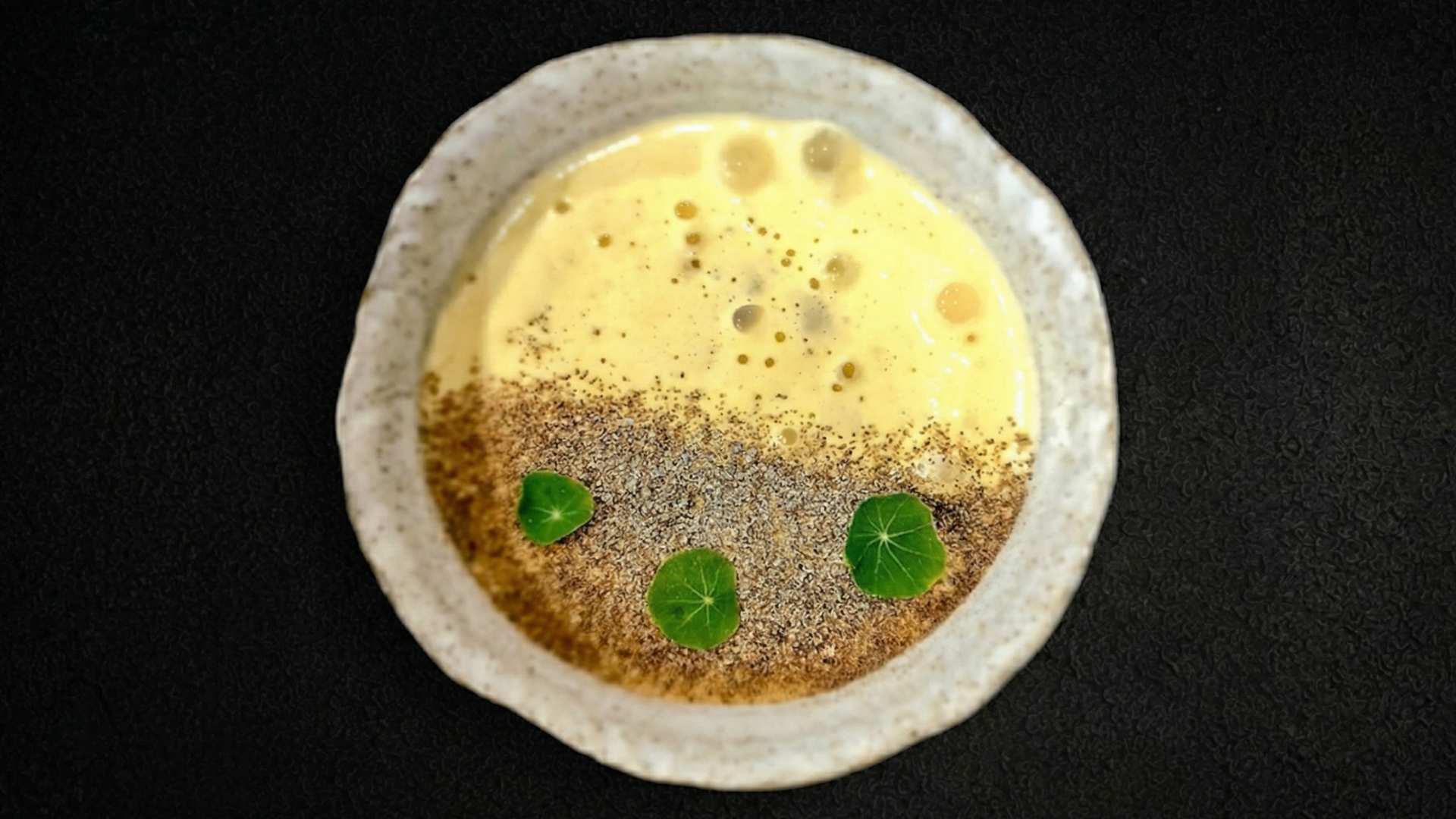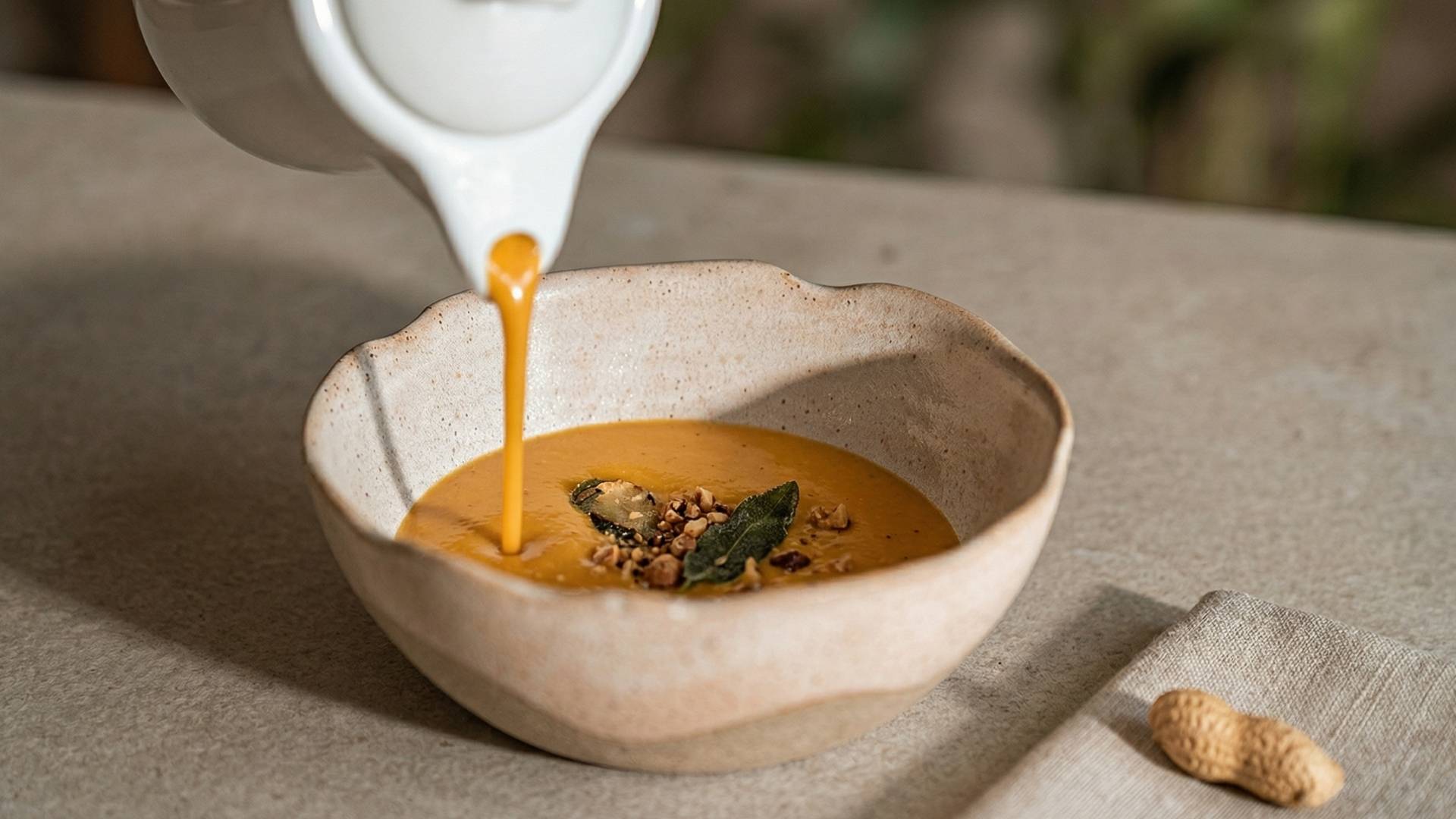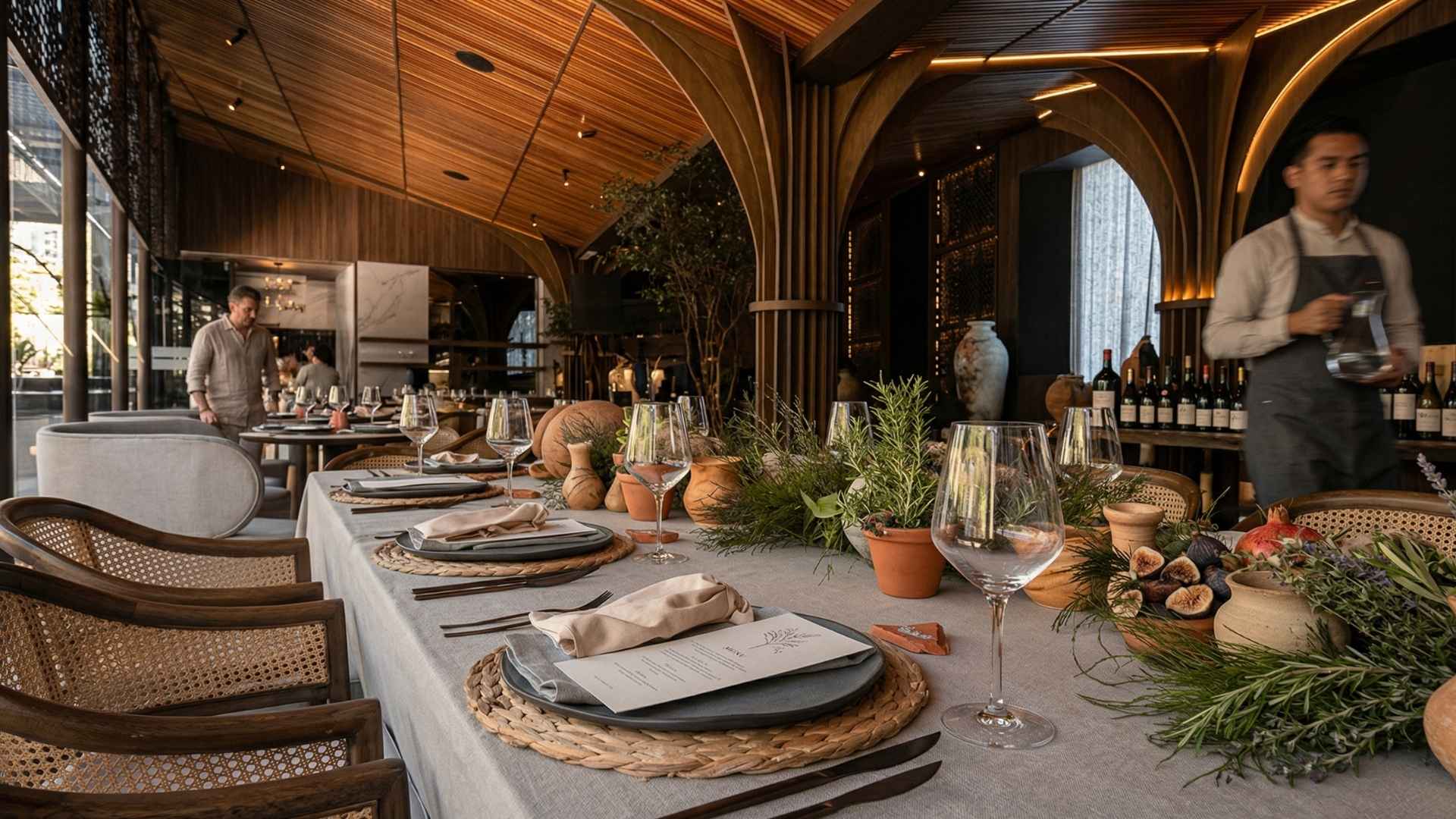Authenticity as a new fusion at La Makha
In the global gastronomic landscape—where “fusion” often means superficially combining ingredients or techniques from different cultures—La Makha stands out as a beacon of radical authenticity. Its proposal does not seek to mix the Colombian with the foreign, but to delve so deeply into what is local that it becomes universal.
This restaurant doesn’t practice fusion; it practices culinary excavation, unearthing flavors, techniques, and stories that have always been there, waiting to be reinterpreted with creative rigor and ancestral respect.
1. From Fusion to Identity: A Paradigm Shift
While traditional fusion cuisine often works through superimposition (for example, sushi with Peruvian flavors), La Makha operates through deconstruction and reconstruction of the native.
Fusion vs. Identity:
- Fusion: Takes external elements and incorporates them into a local base (e.g., using soy sauce in a Colombian dish).
- Identity: Explores the local until it discovers universal gastronomic languages (e.g., realizing that cassava fermentation can create flavors as complex as miso).
Concrete example:
A creole potato risotto with buffalo milk curd cheese is not “Italian-Colombian fusion.” It is the natural evolution of ancestral techniques (like mashed potatoes) elevated to their maximum textural expression, where the creaminess of risotto finds a parallel in local culinary culture.
2. The Pillars of La Makha’s Identity-Based Proposal
A. Ingredients as Historical Documents
Every ingredient at La Makha is chosen for its cultural and biogeographic significance:
- Chontaduro: Not a “super exotic fruit,” but a sacred food for Amazonian communities.
- Bijao leaves: Not an “alternative wrapping,” but the essence of pre-Hispanic cooking techniques.
- Native chili peppers: Each variety represents a specific micro-terroir and an irreplicable flavor identity.
B. Techniques as Tools of Translation
Modern techniques are not used to impress, but to translate tradition into new languages:
- Dehydration: To concentrate the flavors of herbs usually consumed fresh.
- Fermentation: To develop local umami (e.g., Colombian bean miso).
- Cryogenics: To preserve ephemeral textures and aromas (e.g., instant creole cilantro powder).
C. Narratives That Connect the Dish to Its Land
Each dish tells a verifiable story:
- Origin: “Rockfish from Bahía Solano, hand-caught by the community of Jhon Jairo.”
- Ancestral technique: “Cooked in bijao leaf, a method used by the Emberá culture for centuries.”
- Biodiversity: “Native potatoes of the ‘Sabanera’ variety, grown at 3,200 meters above sea level in Boyacá.”
3. What makes La Makha’s approach unique
La Makha distinguishes itself from other “author-driven” restaurants through four key principles:
A. Rejection of Superficial Exoticism
Native ingredients are not used because they “sound exotic,” but because they are optimal for their gastronomic purpose. Chontaduro isn’t on the menu for its rarity—it’s there because its nutritional profile and unique flavor allow for textures and nuances impossible to achieve otherwise.
B. Active Ethnographic Research
Chef David Suárez and his team make regular trips to various regions to learn directly from local communities:
- Traditional cooks from the Pacific region.
- Native potato farmers in Nariño.
- Amazonian herb gatherers.
This first-hand knowledge becomes a fundamental part of their recipes.
C. Techniques in Service of the Ingredient (Not the Other Way Around)
While many restaurants use ingredients as vehicles for avant-garde techniques, at La Makha the technique is always subordinate to the ingredient. They don’t make gulupa (passion fruit) spheres because it’s “cool”; they do it because that method releases the fruit’s aroma more explosively than in its natural state.
D. Radical transparency
The menu doesn’t just list ingredients; it includes producer names, geographic coordinates, and cultivation or fishing methods. This transforms the diner from a passive consumer into a witness to an ethical value chain.
4. Culinary and cultural philosophy: the unwritten manifesto
Behind every decision at La Makha lies a clear philosophical framework:
- Sustainability as a consequence, not a goal: It arises naturally from using local, seasonal ingredients—not as a marketing strategy.
- Elevation as an act of respect, not elitism: Elevating a humble ingredient (like guatila, chayote) is an act of cultural reclamation.
- Innovation as exploration, not rupture: Innovation happens within tradition, not against it.
5. Impact on colombian gastronomy
La Makha is redefining what it means to be a Colombian fine-dining restaurant:
- Inspiring new chefs: Proving that avant-garde cuisine can be created without relying on imports.
- Valuing producers: By paying fair prices for exceptional ingredients, it encourages farmers to preserve native varieties.
- Educating diners: Teaching that “gourmet” is not synonymous with “foreign.”
6. Critiques and challenges
This approach is not without its challenges:
- Economic accessibility: Small-scale ingredients and complex techniques increase costs.
- Extreme seasonality: Menus dependent on availability may disappoint diners expecting absolute consistency.
- Risk of folklorization: Balancing cultural celebration with respect and authenticity is delicate.
A new chapter for Latin American gastronomy
La Makha represents a post-fusion gastronomic model, where identity is neither negotiated nor diluted—it is deepened until it becomes universal.
It is not a restaurant that serves Colombian food; it is a Colombian restaurant that dialogues with the world from a place of cultural confidence and technical excellence.
Its greatest contribution lies in proving that the future of Latin American gastronomy does not depend on importing trends, but on exporting worldviews through flavors that can only be born in these lands.
Ready to experience a cuisine where every bite tells a true story?
La Makha invites you on a journey that will transform your understanding of what Colombian cuisine can be.
Reserve your table at La Makha and witness identity-driven gastronomy—discover how authenticity can look, taste, and feel when elevated to art.




